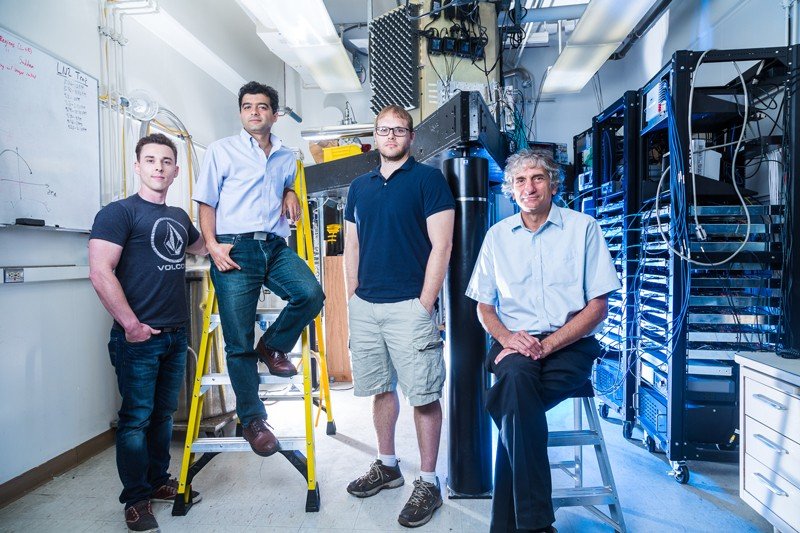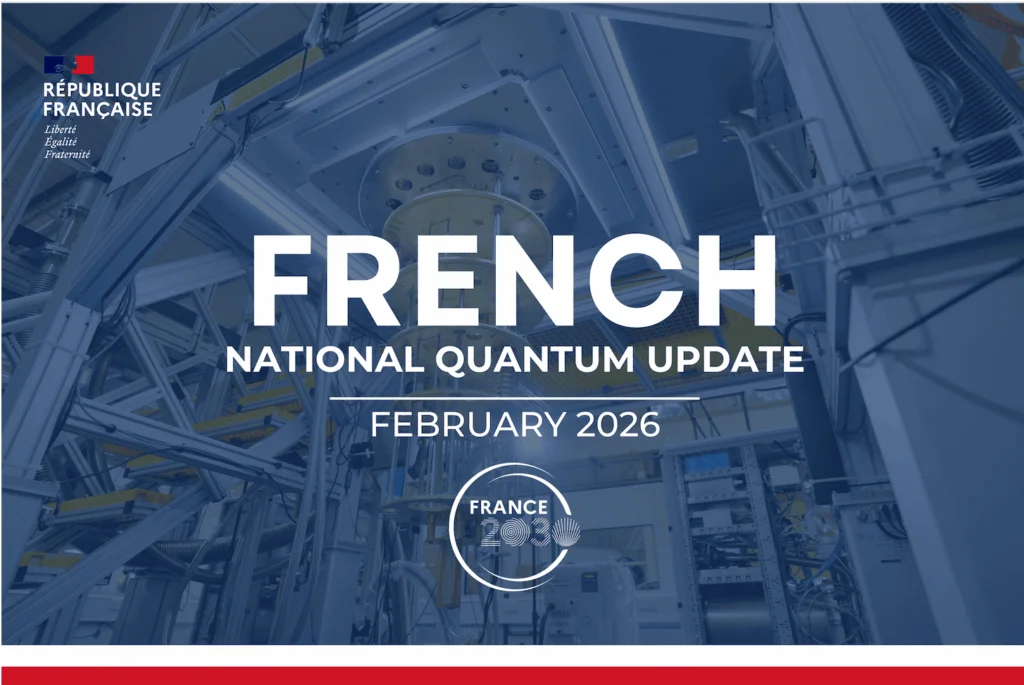
While the resignation of University of California Santa Barbara physicist John Martinis from Google’s quantum project was portrayed as bad blood between Martinis and other members of the team, the truth is more nuanced, according to a transcript from Forbes Magazine. This follows on from a call with John Martinis last week.
Martinis told Forbes contributor Paul Smith-Goodson that personality differences and personal research style were part of the reason for the split. This simmered for years, but particularly kicked in after the team’s quantum supremacy success, Martinis said.
“To explain the tension, you should understand that my personal research style tends to be very intently focused,” he said. “For example, with the quantum supremacy experiment, I focused on doing the experiment because I thought it would be a milestone and very challenging, but doable. I thought it would strongly focus the group on important problems. I think it was hard on people in the group to focus on quantum supremacy because it meant they couldn’t work on other things they wanted to do, and most importantly, we could fail. And it seems tension comes with focus. I could also describe this more philosophically.”
Once the quantum supremacy was announced, team members may have wanted more independence.

He also felt he has lost control of his team.
Despite the progress of the project, Martinis was not certain of the team’s longer range plans and began to question his role in the group.
“Google no longer seemed like a good fit”, said Martinis. “Things were going well, and the group could definitely figure out what to do on their own. They’re smart. But I can use my skills to do something even more productive.”
“Things were going well, and the group could definitely figure out what to do on their own. They’re smart. But I can use my skills to do something even more productive.”
Martinis expressed respect for Hartmut Neven, engineering director of Google, and opened the door to work with Google again.
“Maybe we just need right now some social distancing,” he said. “I did like working for Google and Hartmut, and maybe there is some way to make everyone happy. I wish them the best. They’re a great team.”
Fortunately, for the quantum computing community, Martinis is still focused on building a quantum computer.
“One idea is to work with other qubits groups, who are making different qubits, to figure out how they can scale up and build a large quantum computer,” he said. “Because I have an example with superconducting qubits that I now understand well, I hope to use those ideas for these other approaches. So, this might be a great opportunity.”
At TQD we wonder if there is a chance he might find himself at IBM or Rigetti, both are working on superconducting qubits.
He also said that the Google team is poised for success.
“Oh, I’m just going to say that technically the group at Google is doing great,” said Martinis. “They have a good plan. They have really good scientists there. And I’m excited that they’ll be able to make progress and push this forward. I wish them the best.”
You can read the whole transcript here.















